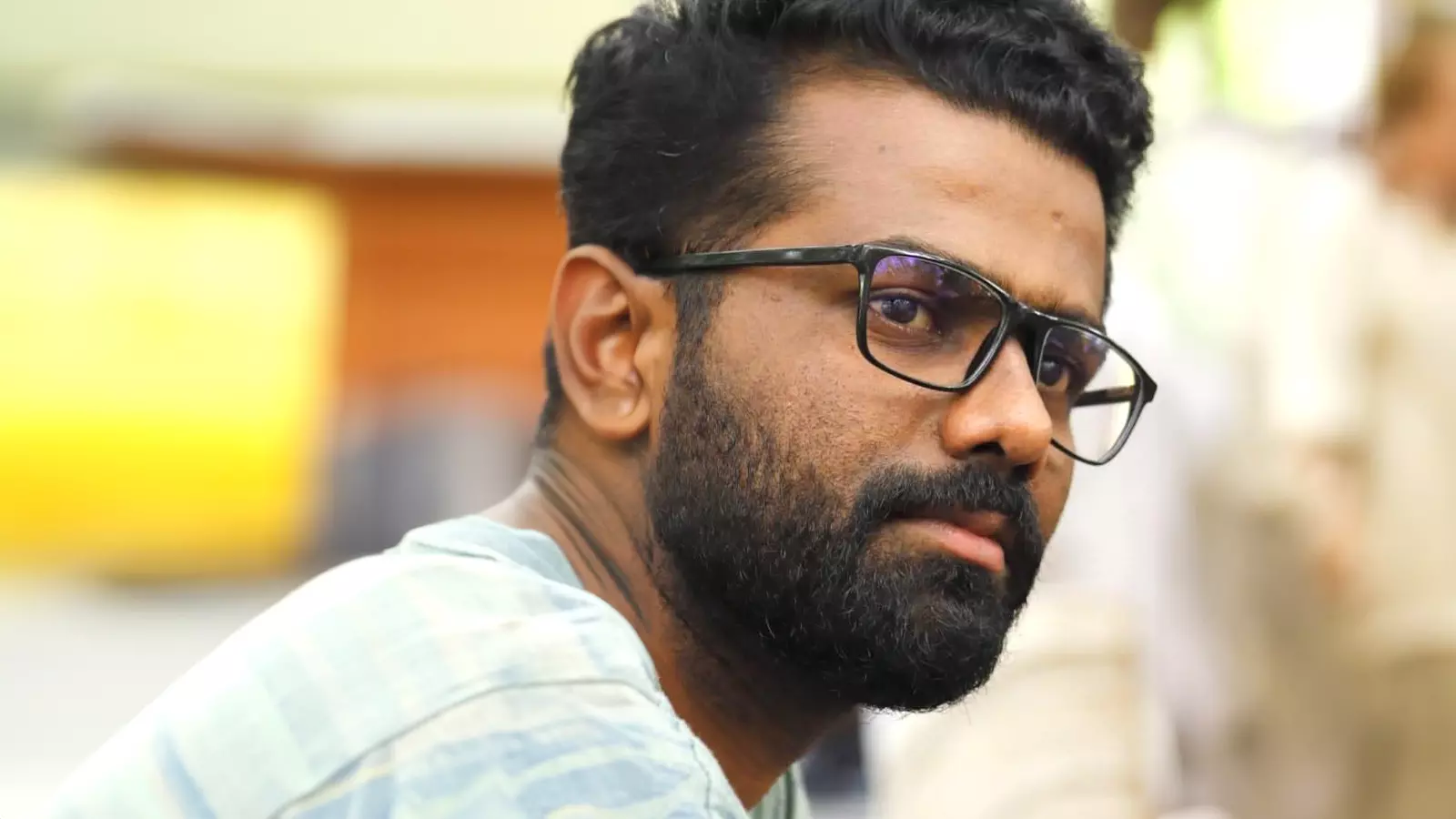
AV Mukesh obit: Not just beauty, his lens captured brutalities of society too
Mukesh was well known for his stories and videos focused on unsung heroes, rural India and marginalised sections of society

In a tragic incident, AV Mukesh, a 34-year-old video journalist affiliated with Matrubhumi TV, a prominent Malayalam news channel, on Wednesday (May 8) was killed in an elephant attack in Kottekad while on duty.
Mukesh was capturing visuals of wild elephants across a river in Kottekad, when one of the tuskers suddenly became aggressive and attacked him. Although he was rushed to a district hospital in Palakkad, Mukesh succumbed to his injuries later.
“A three-member crew from Matrubhumi had gone to Malampuzha to film a herd of elephants emerging from the forest. While Mukesh was filming the herd, the elephants suddenly became aggressive and attacked the crew. Reporter Gokul and driver Manoj were able to escape, but unfortunately, Mukesh could not,” said Matrubhumi journalist Aswajith.
Questions raised on safety of journalists
The demise of Mukesh has sparked concerns over measures taken by media organisations to ensure the safety and security of their reporters who work in the field including in wild terrains.
Many senior journalists have opined that news organisations should ensure the safety of their journalists by conducting risk assessments and developing strategies to manage potential risks. Journalists can also take measures to ensure their safety, such as: conducting risk assessment, undergoing safety and security training, and establishing contacts and networks.
“This is not an accusation aimed at anyone, but rather a poignant reminder. Mathrubhumi had tragically lost another reporter and a driver in recent years in a water-related accident,” wrote senior journalist K J Jacob on his social media handle.
Mukesh spoke for the maginalised
Mukesh, hailing from Parappanangadi in Malappuram district of Kerala, is survived by his wife, Tisha. He served at the capital bureau of Matrubhumi for several years. During his tenure in Delhi, he actively contributed articles and content to the channel’s website, his focus mainly being on rural India and the marginalised sections of society.
The column Mukesh wrote was titled ‘Athijeevanam’ (The Survival). It featured stories ranging from that of Natarajan, who waged a solitary battle against the quarry mafia in the Western Ghats, to an unnamed sex worker from Thrissur whom he referred to as Radha. These stories depicted the lives of marginalised people living on the fringes of society.
In fact, Mukesh had introduced 60-year-old Radha in the hundredth episode of Athijeevitham.
“Radha is a living martyr whose life has been consumed by poor health. Her body, shrouded in darkness and forsaken in daylight, remains unresponsive like a monument. They had no world beyond the middlemen who sold their bodies to consumers,” he wrote in the article.
Mukesh's column provided assistance to many, connecting them with willing donors. It garnered widespread appreciation not only for its charitable aspect but also for its focus on the politics of the downtrodden.
‘More than a journalist’
“Mukesh wasn't just a video journalist who mechanically recorded visuals for television. He also wrote about marginalised communities. His column highlighted the struggles of hundreds of marginalised lives,” said VD Stheesan, the opposition leader in his condolence message.
“Besides his regular video coverage for Matrubhumi, Mukesh's incisive column dissecting the lives of the marginalised and his insightful articles delving into the socio-political landscape of rural India in Matrubhumi Weekly garnered significant acclaim,” said MB Rajesh, the minister for local self-government.
Geetha, a tribal activist advocating for the rights of the Kadar tribe, found her voice amplified through Mukesh's empathetic reporting. Mukesh's lens didn't just capture the picturesque scenes of coastal erosion in Pozhiyoor; it also brought to light the human stories behind the struggle. From the poignant Arippa land dispute to the harrowing tale of the rape and murder of Dalit girl in Hathras, Uttar Pradesh, Mukesh's articles served as powerful conduits for empathy, shedding light on issues often relegated to the shadows of mainstream discourse.

